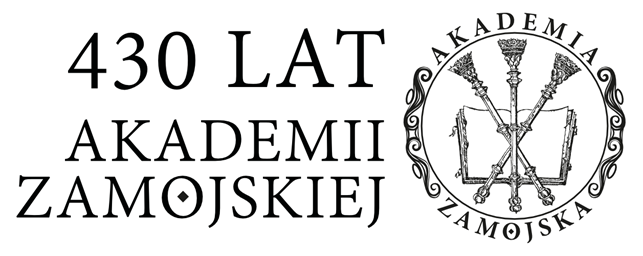Emmanuel Levinas’ philosophy being a response to the experience of the Holocaust
Jan Kutnik
Abstract
Representatives of varied contemporary philosophical movements attempted to deal with the trauma caused by the Holocaust and genocide. The Holocaust left a very substantial mark on the philosophers of Jewish origin. The most prominent trend in contemporary Jewish thought is the classical philosophy of dialogue. The article presents a critical analysis of the influence of the Holocaust experience on the thought of Emanuel Lévinas, the main post-war representative of the philosophy of dialogue. Lévinas, being imprisoned as an officer of the French army, spent the war in a POW camp. Most of his works, created after the war, were marked by the painful shadow of the Holocaust (despite few direct and personal references to the war experience). In his ethical thought, Levinas sought answers to two fundamental questions: 1) how the crime of genocide could have taken place, and 2) how to change thinking patterns and awareness of individuals so that a similar tragedy may never again be repeated. The concept of interpersonal relationships, he expressed, is an excellent practical lesson for each one of us. The popularisation of his idea is still valid nowadays. His reflections have lost none of their relevance in the era of pervasive “hate speech” flooding the mass and social media.
Representatives of varied contemporary philosophical movements attempted to deal with the trauma caused by the Holocaust and genocide. The Holocaust left a very substantial mark on the philosophers of Jewish origin. The most prominent trend in contemporary Jewish thought is the classical philosophy of dialogue. The article presents a critical analysis of the influence of the Holocaust experience on the thought of Emanuel Lévinas, the main post-war representative of the philosophy of dialogue. Lévinas, being imprisoned as an officer of the French army, spent the war in a POW camp. Most of his works, created after the war, were marked by the painful shadow of the Holocaust (despite few direct and personal references to the war experience). In his ethical thought, Levinas sought answers to two fundamental questions: 1) how the crime of genocide could have taken place, and 2) how to change thinking patterns and awareness of individuals so that a similar tragedy may never again be repeated. The concept of interpersonal relationships, he expressed, is an excellent practical lesson for each one of us. The popularisation of his idea is still valid nowadays. His reflections have lost none of their relevance in the era of pervasive “hate speech” flooding the mass and social media.
Keywords:
Holocaust, Emanuel Lévinas, the crime of genocide, philosophyDetails
References
Statistics
Authors
Citation rules
Licence

This work is licensed under a Creative Commons Attribution-NonCommercial-ShareAlike 4.0 International License.


 Język Polski
Język Polski
 English
English




